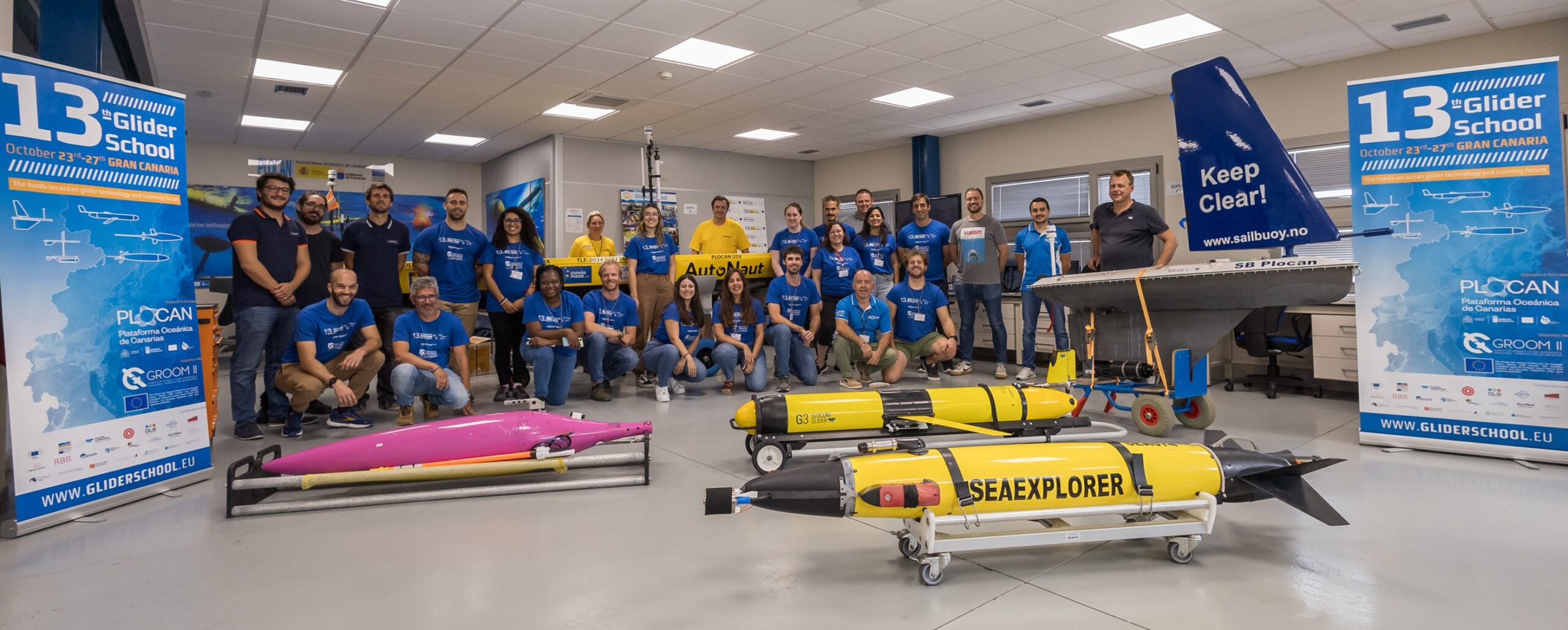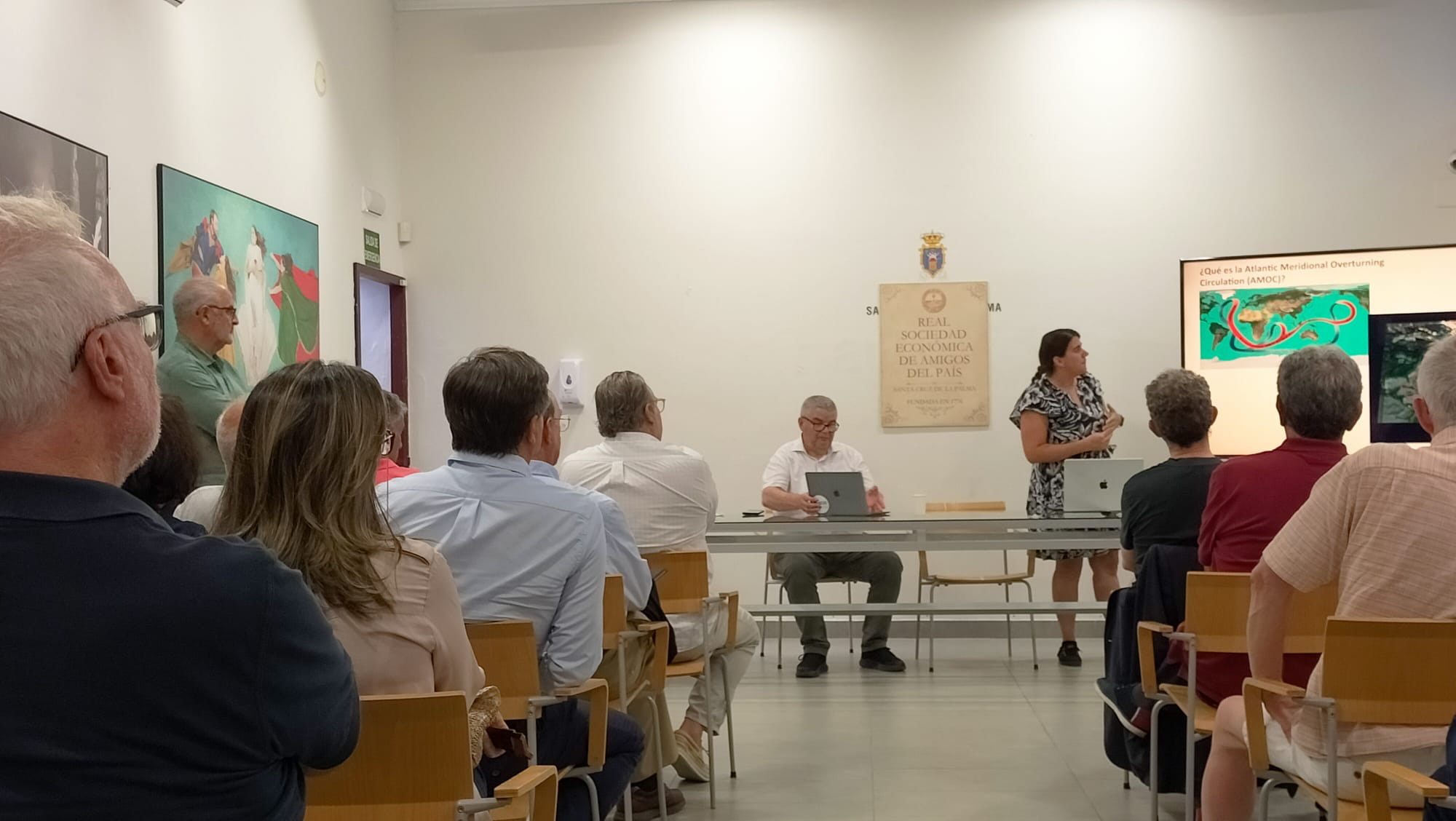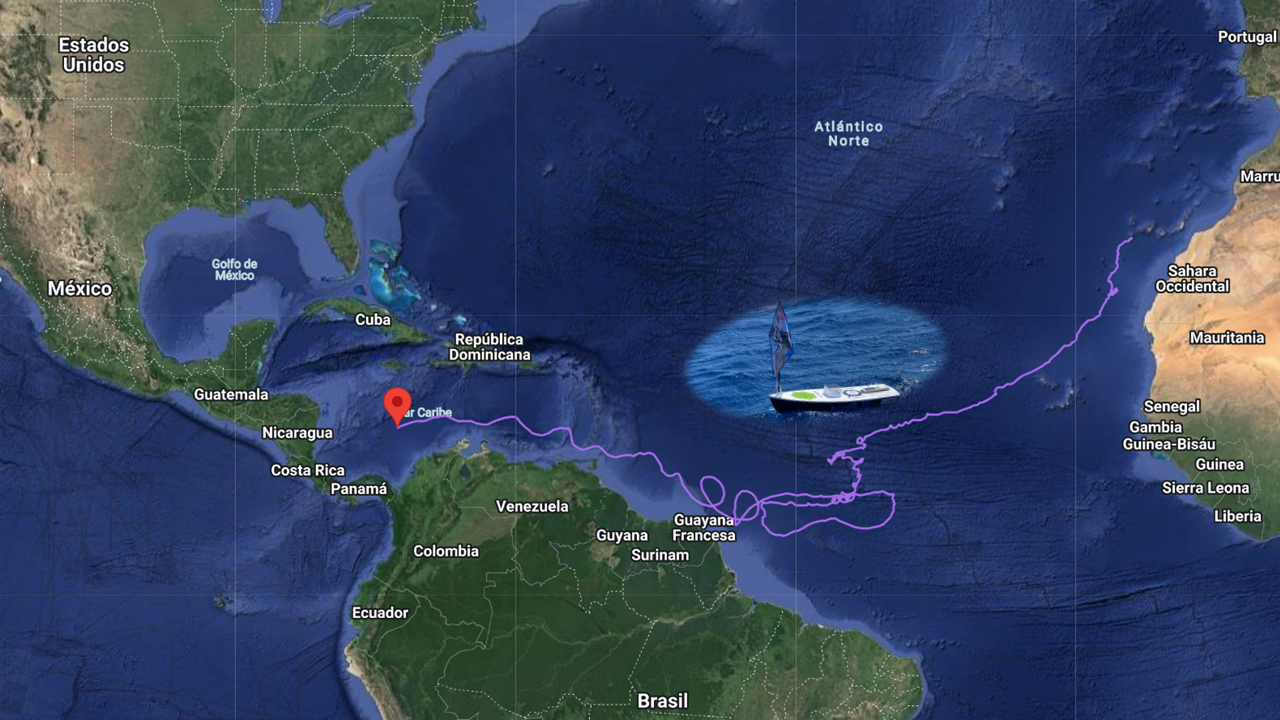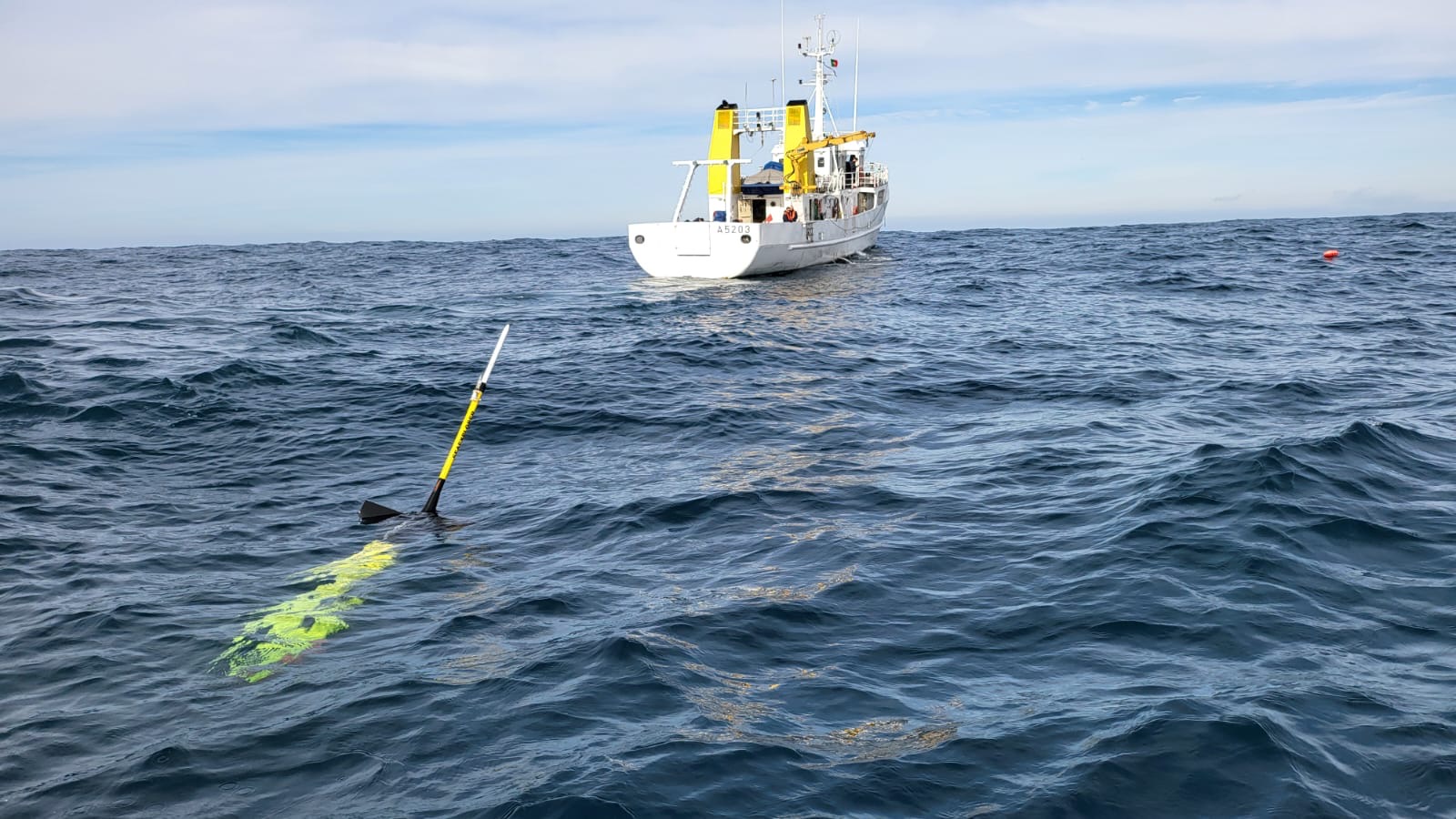La Restinga, El Hierro, 22 February 2022. The Macaronesia Marine Maritime Observation Network (R3M) has installed a new-generation fixed oceanographic station in the port of La Restinga on the island of El Hierro. This station was developed and launched through a partnership between Puertos Canarios, a public body under the Ministry of Public Works, Transport and Housing of the Government of the Canary Islands, and the Oceanic Platform of the Canary Islands (PLOCAN), and will expand observation capacity in the archipelagos of Macaronesia.
The project, coordinated by PLOCAN in the framework of ECOMARPORT, brings together partners from the Canary Islands (Las Palmas Port Authority, University of Las Palmas de Gran Canaria and Puertos Canarios); Madeira (Madeira Port Authority, Regional Agency for the Development of Research, Technology and Innovation); the Azores (Azores Port Authority, University of the Azores and Gaspar Fructuoso Foundation); and Cape Verde (Instituto do Mar).
The new device, the Integrated Monitoring Unit (IMU), has a specific array of oceanographic sensors for continuous measurement of essential seawater variables such as temperature, conductivity, dissolved oxygen, turbidity, and hydrocarbons, in order to provide constant monitoring of the quality of port waters.
The recorded data are made available on an hourly basis, together with the rest of the data collected by all the existing devices in the four Macaronesian archipelagos, through the PLOCAN data portal.
Monitoring stations similar to the El Hierro station are also currently in operation in the marina of Mindelo (Cape Verde), the commercial port of Ponta Delgada (São Miguel Island, Azores) and the marina of Angra do Heroísmo (Terceira Island, Azores), the marina of Funchal and the commercial port of Porto Santo (both in Madeira), and the port of Taliarte (Gran Canaria). The ports of Tazacorte and Órzola in the case of the Canary Islands, and Horta in the Azores, are envisaged as future sites for the implementation of similar systems.
R3M, currently coordinated by PLOCAN, is an initiative that has been in operation for more than two decades, and its main objective is to pool all the data and information from environmental monitoring in the marine area carried out in Macaronesia by various government agencies, institutions and mainly public bodies. These data are then made available to all potential users in the marine and maritime sphere who require information and access to the data in order to carry out their activities.
This requires the management of a large and complex multi-platform system composed of both fixed and mobile autonomous devices located in coastal and open ocean sites, including the main port infrastructures and adjacent areas of the Macaronesian region.
R3M, with its current size and capabilities, could be considered a vector that contributes to European level initiatives and infrastructures in this field, such as JERICO-ERIC, EuroGOOS and EMODnet.
The ECOMARPORT project, co-financed under the first call of the INTERREG V-A Spain-Portugal MAC (Madeira-Azores-Canary Islands) 2014-2020 cooperation programme, has the main objective of promoting marine and maritime R&D in the European and African Macaronesian regions. The project has implemented an operational network for environmental and marine observation of water and air quality in the ports of Macaronesia, through the development and use of sustainable cutting-edge technologies, generation of products and tools of value for all its users, all through appropriate and efficient cooperation and technology transfer between the public and private sectors in the field of marine and maritime sciences and technologies, fostering business opportunities linked to Blue Growth.



